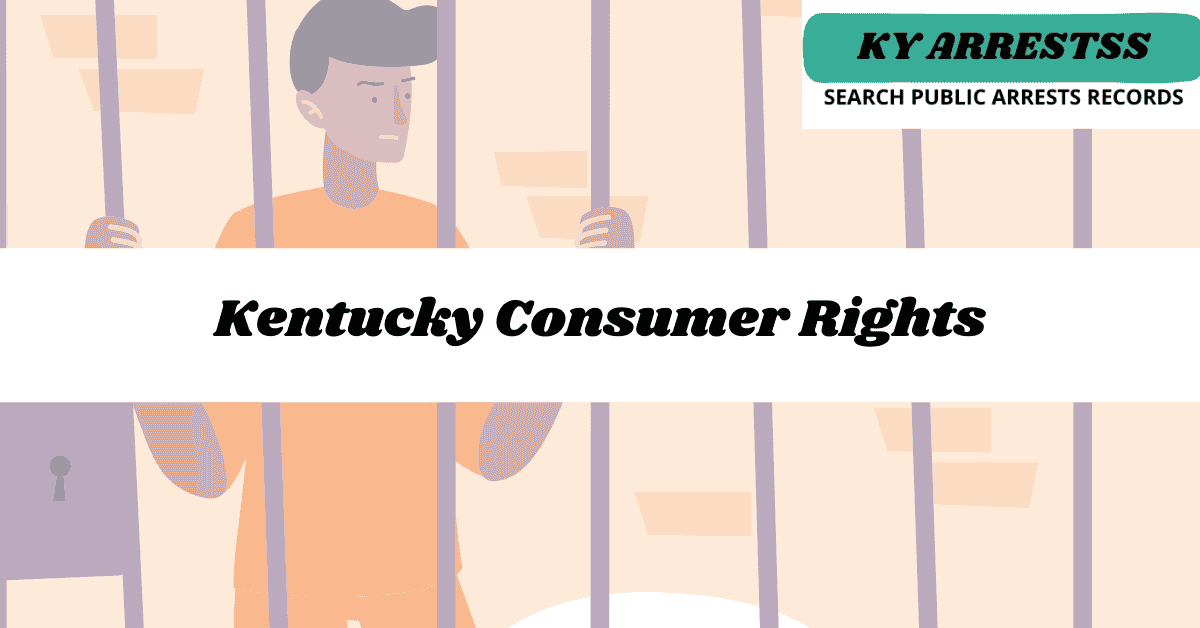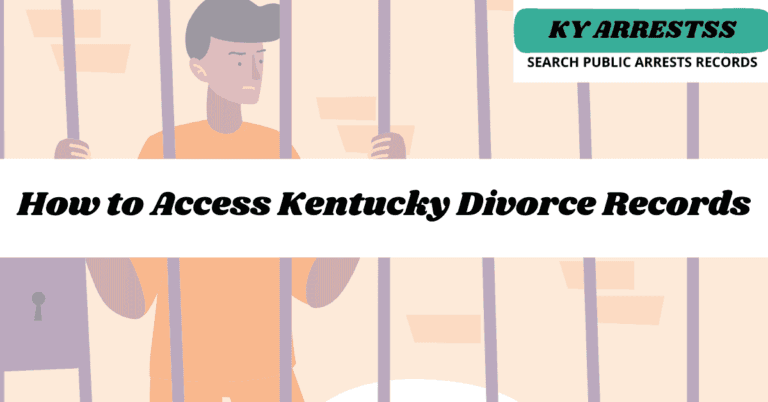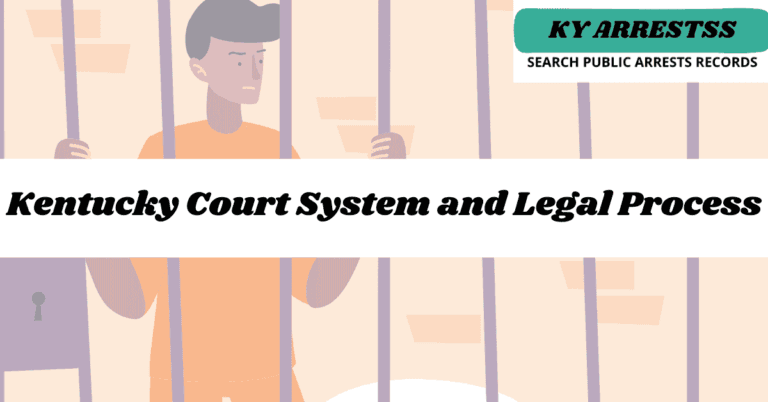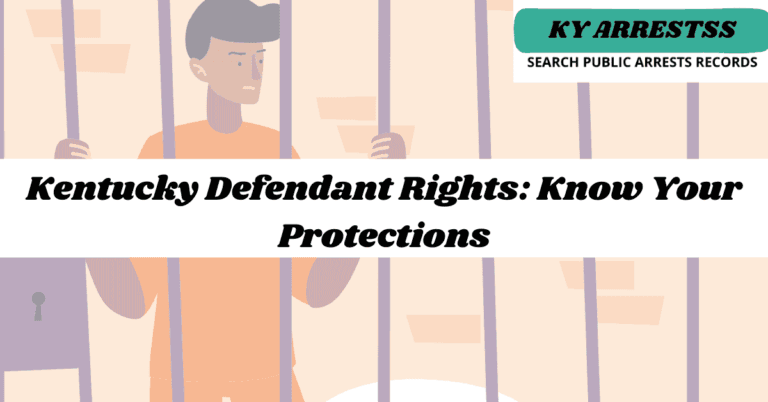Kentucky Consumer Rights
Consumer rights are fundamental protections afforded to individuals who engage in various economic transactions. These rights ensure fair treatment, transparency, and accountability from businesses and service providers. In Kentucky, consumer rights are upheld through a combination of state and federal laws aimed at safeguarding consumers from unfair practices and exploitation.
Kentucky Consumer Protection Laws
Kentucky has enacted several laws to protect consumers from unfair and deceptive practices. The Kentucky Consumer Protection Act (KCPA) is the primary legislation governing consumer rights in the state. Under the KCPA, consumers are entitled to various protections, including the right to accurate information, the right to fair treatment, and the right to seek legal recourse for violations of their rights. The Office of the Attorney General is responsible for enforcing the KCPA and investigating complaints of consumer fraud and abuse.
Consumer Rights Regarding Purchases
When making purchases in Kentucky, consumers have certain rights that protect them from unfair practices. These rights include the right to receive accurate information about products and services, the right to refunds and exchanges for defective or misrepresented items, and protection against deceptive advertising and pricing schemes.
Consumer Rights in Contracts
Contracts are a fundamental aspect of many consumer transactions. In Kentucky, consumers have the right to fair and transparent contract terms. This includes the right to understand the terms and conditions of a contract before agreeing to it and protection against unfair or deceptive contract terms. Consumers also have legal remedies available if a party breaches a contract or fails to fulfill its obligations.
Consumer Rights in Financial Transactions
Financial transactions, including banking services, loans, and investments, are subject to various consumer protection laws in Kentucky. Consumers have the right to fair and transparent financial practices, protection against fraud and identity theft, and recourse for disputes with financial institutions. Kentucky law also regulates payday lending and other alternative financial services to ensure consumer protection.
Consumer Rights in Housing
Housing is a basic necessity, and consumers in Kentucky have rights regarding their housing arrangements. Tenants have the right to safe and habitable living conditions, protection against discrimination, and recourse for disputes with landlords. Similarly, landlords have rights regarding rent collection, property maintenance, and eviction procedures.
Consumer Rights in Healthcare
Access to quality healthcare is essential for consumers’ well-being, and Kentucky has laws in place to protect patients’ rights. Consumers have the right to receive adequate healthcare services, protection against medical billing errors and overcharging, and recourse for disputes with healthcare providers and insurers.
Consumer Rights in Utilities
Utility services, such as electricity, water, and telecommunications, are vital for everyday life. Consumers in Kentucky have rights regarding the provision of these services, including protection against unfair billing practices, transparent pricing, and procedures for addressing disputes with utility companies.
Consumer Rights in Automobile Purchases
Buying a car is a significant investment, and consumers in Kentucky are protected by lemon laws and other regulations governing auto sales. Consumers have the right to receive a vehicle free from defects, protection against deceptive sales practices, and recourse for disputes with auto dealers and manufacturers.
Consumer Rights in Debt Collection
Debt collection practices are regulated to protect consumers from harassment and abuse. In Kentucky, consumers have rights regarding debt validation, dispute resolution, and protection against unfair collection practices. Violations of debt collection laws can result in legal action against debt collectors.
Consumer Rights in Advertising
Advertising plays a crucial role in informing consumers about products and services. However, deceptive advertising practices are prohibited in Kentucky. Consumers have rights regarding truthful and transparent advertising, protection against false or misleading claims, and procedures for filing complaints against deceptive advertisers.
Consumer Rights in Privacy
Privacy is a growing concern in the digital age, and Kentucky has laws in place to protect consumers’ personal information. Consumers have the right to privacy regarding their personal data, protection against unauthorized access and data breaches, and legal remedies for violations of their privacy rights.
Consumer Rights in Education
Education is an essential service, and consumers in Kentucky have rights regarding their educational experiences. Students and parents have the right to fair treatment, protection against predatory student loan practices, and recourse for disputes with educational institutions.
Consumer Rights in Legal Proceedings
In legal proceedings, consumers have rights to ensure fair and just outcomes. This includes the right to legal representation, protection against unethical legal practices, and procedures for filing complaints against attorneys or legal professionals.
FAQs
What are consumer rights in Kentucky?
Consumer rights in Kentucky encompass the legal safeguards bestowed upon individuals who procure goods or services. These rights guarantee fair treatment, access to precise information, and recourse options if consumers encounter problems with their purchases. These protections aim to uphold fairness and transparency in consumer transactions, empowering individuals to make informed decisions and seek redress when necessary.
What is the Kentucky Consumer Protection Act?
The Kentucky Consumer Protection Act serves as a crucial state law offering supplemental protections for consumers. It bars businesses from engaging in unfair, deceptive, or unconscionable acts or practices, thereby safeguarding consumers from exploitation. Moreover, it empowers consumers to lodge complaints and pursue legal remedies if they suffer harm due to such practices. This legislation plays a pivotal role in upholding consumer rights and promoting fairness in commercial transactions within the s
How can I file a consumer complaint in Kentucky?
If you encounter an issue with a business in Kentucky, you can file a complaint with the Kentucky Attorney General’s Office. Their dedicated Consumer Protection Division specializes in addressing consumer grievances and probing potential breaches of consumer protection statutes. By reaching out to this division, individuals can seek assistance in resolving disputes and holding businesses accountable for any violations of consumer rights. This recourse mechanism reinforces consumer confidence and ensures accountability within the marketplace.
What are my rights as a consumer when it comes to product warranties?
In Kentucky, consumers maintain the right to anticipate that products they purchase will meet satisfactory standards of quality and serve their intended purpose effectively. If a product proves to be defective or fails to meet these expectations, consumers may be entitled to remedies such as a refund, replacement, or repair under warranty laws. These provisions uphold consumer rights and ensure that i
Can I cancel a contract for goods or services in Kentucky?
In certain situations, consumers in Kentucky possess the right to cancel contracts for goods or services. The procedures for cancellation hinge on the nature of the contract and can vary. It is advisable to thoroughly review the terms and conditions outlined in the contract or seek legal counsel for guidance on the cancellation process. By understanding their rights and obligations, consumers can navigate contract cancellations effectively and safeguard their interests within the bounds of the law.
Conclusion
Consumer rights are integral to ensuring fairness and accountability in the marketplace. In Kentucky, consumers are protected by a range of laws and regulations that govern various aspects of consumer transactions. By understanding and asserting their rights, consumers can make informed decisions and protect themselves from exploitation and unfair practices. It is essential for consumers to stay informed and proactive to safeguard their rights and interests in the marketplace.







